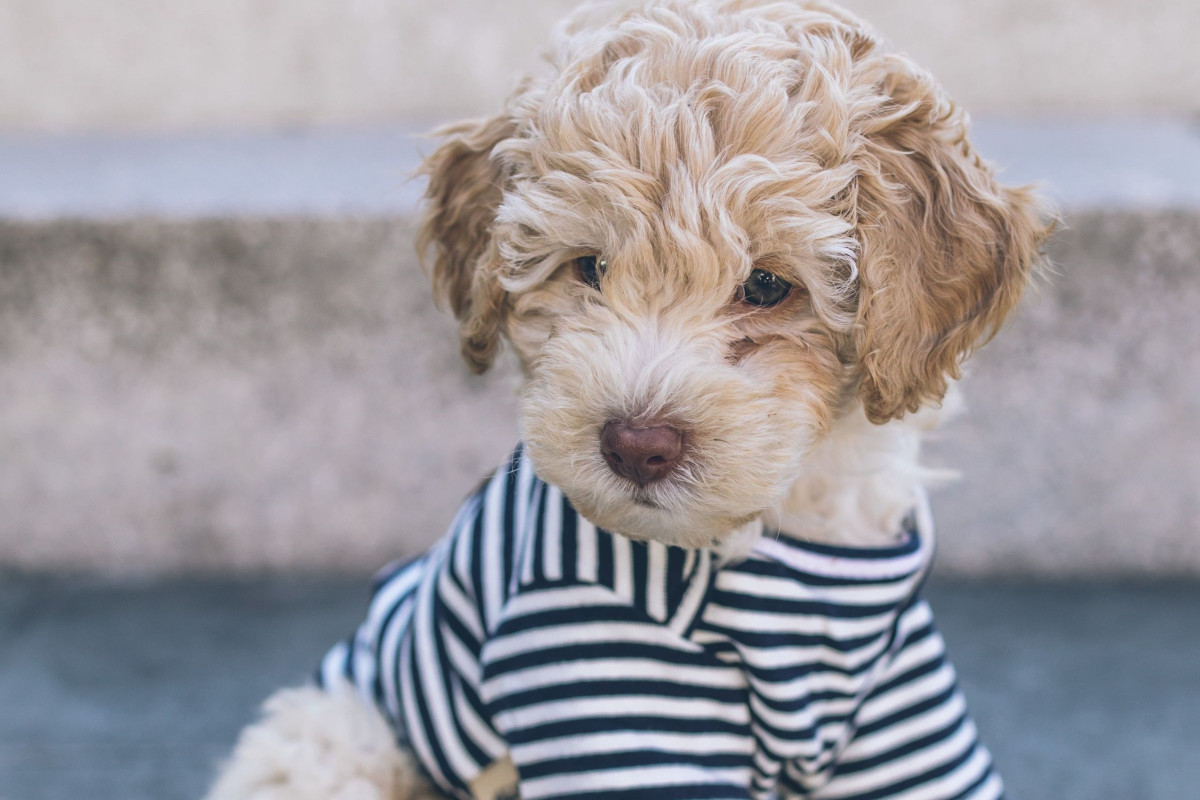Socialization Tips for Puppy Owners
Even though dogs have been domesticated for thousands of years, each new puppy that comes into our world must learn about humans. Socialization is the process during which puppies develop positive relationships with other living beings. The most sensitive period for successful socialization is during the first 3 to 4 months of life. The experiences the pet has during this time will have a major influence on its developing personality and how well it gets along with people and other animals when it grows into adulthood. It is very important for puppies to have frequent, positive social experiences during these early months in order to prevent asocial behavior, fear, and biting. Puppies that are inadequately socialized may develop irreversible fears, leading to timidity or aggression. This is not to say that socialization is complete by 4 months of age, only that it should begin before that time. Continued exposure to a variety of people and other animals, as the pet grows and develops, is an essential part of maintaining good social skills. It is also extremely important that your new puppy be exposed to new environments and stimuli at this time (e.g., sounds, odors, locations) to reduce the fear of “the unfamiliar” that might otherwise develop as the pet grows older.
Puppy Socialization:
Attending puppy classes during this primary socialization period is another excellent way to ensure multiple contacts with a variety of people and other dogs. This relatively new concept in training involves enrolling puppies early, before they pick up “bad habits”, and at an age when they learn very quickly. Puppy training and socialization classes are now available in many communities where, in some cases, puppies can be admitted as early as their third month. These classes can help puppies get off to a great start with training, and offer an excellent opportunity for important social experiences with other puppies and with a wide variety of people.
Eight to ten weeks is an ideal time to begin classes. Since there can be some health
risks when exposing young puppies to other dogs and new environments, the best age to begin your puppy in classes should be discussed with your veterinarian.
Socialization Biscuits:
It is important for every puppy to meet as many new people as possible, in a wide variety of situations. It may be beneficial to ask each person who meets the puppy to give the puppy a biscuit. This will teach the puppy to look forward to meeting people and discourage hand shyness, since the puppy will learn to associate new friends and an outstretched hand with something positive. Once the puppy has learned to sit on command, have each new friend ask it to sit before giving the biscuit. This teaches a proper greeting and will make the puppy less likely to jump up on people.
You should make certain that the pet has the opportunity to meet and receive biscuits from a wide variety of people of all ages, appearances and both sexes during the early formative months. Every effort must be made to see that the young pup has plenty of opportunities to learn about children. Kids can seem like a completely different species to dogs since they walk, act and talk much differently than adults.
Puppies that grow up without meeting children when they are young may never feel comfortable around them when they become adults.
And last, but not least, be careful to avoid physical punishment and any interactions with people that might make the puppy anxious. Harshly punishing a young pet will damage its bond with you and weaken its trust in people. Techniques such as swatting the pup, shaking by the scruff, roughly forcing it on to its back, thumping it on the nose, and rubbing its face in a mess should never be used. Pets that are raised using these methods may grow up to fear the human hand, and are likely candidates to become fear biters. In general, any interactions with people that might make a puppy anxious should particularly be avoided during the early months of its life.
* Landsberg G. Hunthausen W. Ackerman L 2003 Handbook of Behavior Problems of the Dog and Cat Saunders, Edinburgh. Copyright 2003 Elsevier Science Limited. All rights reserved.

